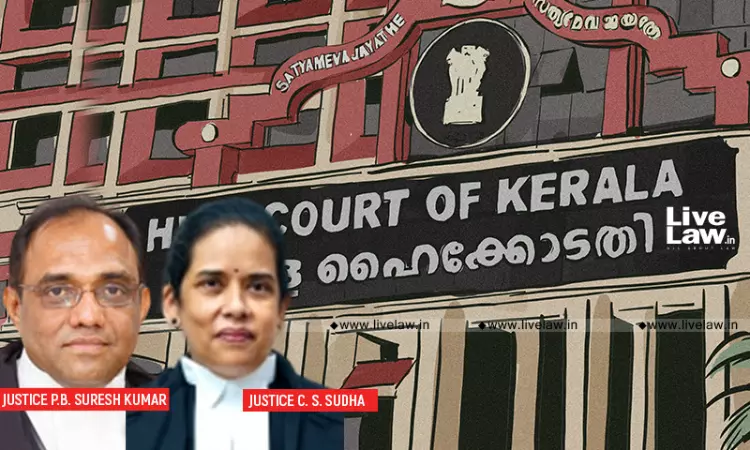The Kerala High Court on Monday held that a detention order issued against a person can be quashed on the basis of unexplained delay in issuing the order of detention after the last prejudicial activity of the detenu, as per the Kerala Anti-Social Activities (Prevention) Act, 2007 (hereinafter, 'KAAPA'). The Division Bench comprising Justice P.B. Sureshkumar and Justice C.S. Sudha observed,...

